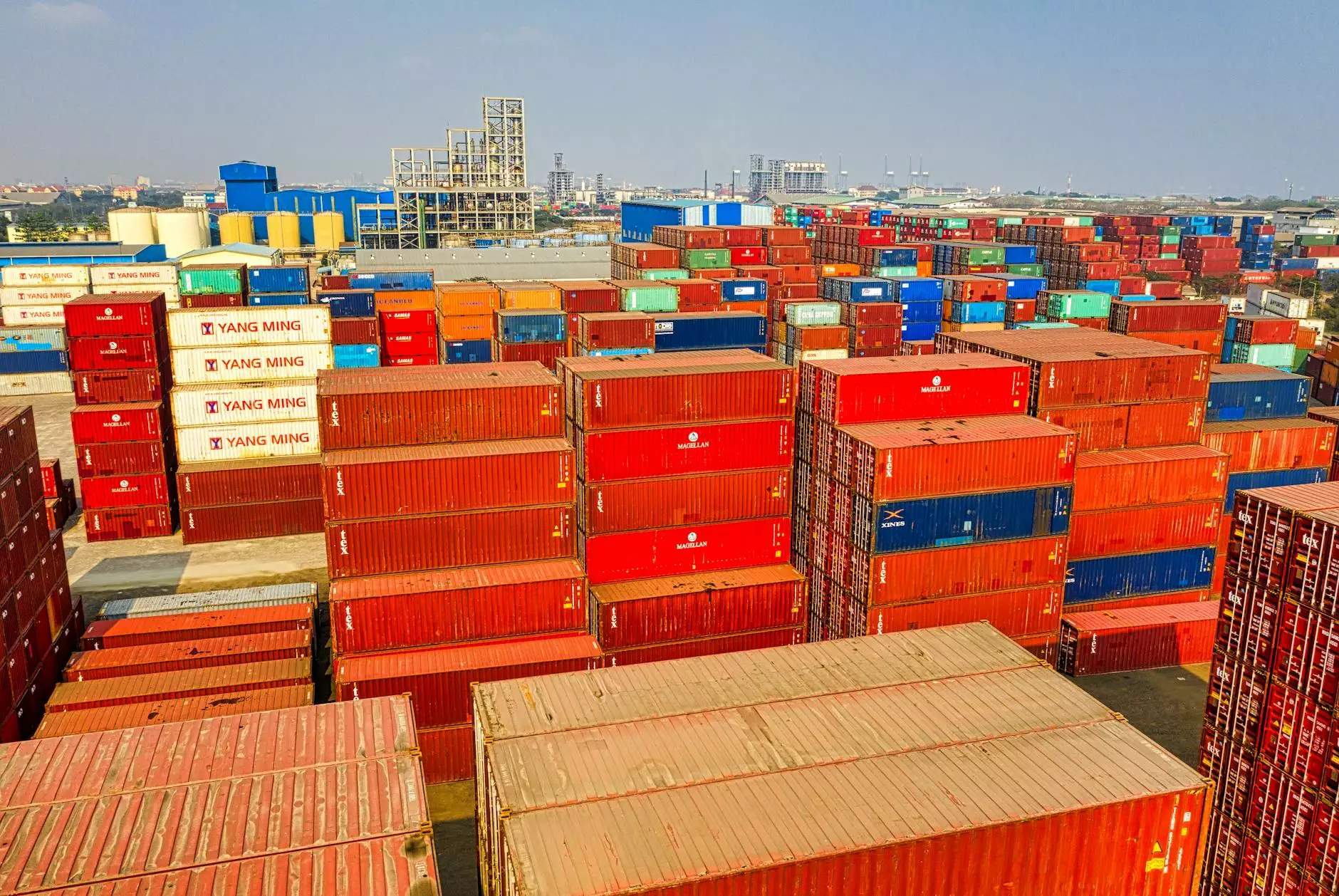Understanding Cargo Air Freight Rates

In today's ever-evolving global marketplace, the dynamics of transport logistics are crucial for businesses of all sizes. One of the primary components of effective logistics is managing cargo air freight rates. Understanding these rates can significantly influence a company’s operational efficiency and cost management. This article delves into the intricacies of air freight rates, how they are determined, the factors that affect them, and best practices for businesses looking to optimize their shipping strategies.
What Are Cargo Air Freight Rates?
Cargo air freight rates refer to the charges applied for transporting goods via air. These rates can vary significantly based on multiple factors, including weight, volume, destination, and the type of cargo being shipped. In essence, it's a fee that businesses pay to logistics providers for safely and swiftly delivering their goods around the globe.
Factors Affecting Cargo Air Freight Rates
The calculation of air freight rates is complex and influenced by several key factors. Understanding these components can empower businesses to make informed decisions and potentially reduce their shipping costs:
- Weight and Volume: The weight of the cargo is a primary determinant. Air freight rates are often calculated based on the greater of the actual weight or the volumetric weight (dimensional weight), which is determined by the dimensions of the package.
- Distance: The distance between the point of origin and the destination significantly impacts the shipping cost. Longer distances typically incur higher rates.
- Type of Cargo: Perishable, hazardous, or oversized cargo may attract additional fees due to the increased handling and care requirements.
- Shipping Mode: Rates vary depending on whether you choose express services for urgent deliveries or standard services for less time-sensitive shipping.
- Fuel Prices: Fluctuations in fuel prices directly impact air freight costs, as carriers often adjust their rates to accommodate these changes.
- Seasonal Demand: During peak seasons, such as holidays, rates can increase due to higher demand for air freight services.
How Cargo Air Freight Rates Are Calculated
Understanding how freight rates are calculated is essential for businesses aiming to budget their shipping expenses effectively. Here's a breakdown of the process:
1. Weight Calculation
As mentioned earlier, air freight providers often charge based on either the gross weight or the volumetric weight of the shipment. Volumetric weight is calculated with the formula:
Volumetric Weight (kg) = (Length x Width x Height) / 5000
2. Rate Per Kilogram
After determining the applicable weight, the next step is to multiply the weight by the rate per kilogram, which can vary based on the service provider and the specific route.
3. Additional Charges
Accessorial charges may apply for various services, including:
- Fuel surcharges.
- Security fees.
- Handling fees for special cargo.
- Customs clearance fees.
Benefits of Using Air Freight
Despite potentially higher costs compared to other shipping modes, air freight presents numerous advantages that can be crucial for businesses:
- Speed: Air freight is undeniably the fastest mode of shipping, making it ideal for time-sensitive deliveries.
- Reliability: Airlines typically have well-defined schedules, leading to greater predictability in delivery times.
- Global Reach: Air freight allows businesses to access international markets with relative ease.
- Security: High-value shipments are generally safer due to stringent airline security measures.
- Less Inventory Cost: Fast shipping translates to lower inventory costs as products reach the market more quickly.
Strategies to Optimize Cargo Air Freight Rates
To navigate the complexities of air freight effectively, businesses can adopt several strategies aimed at minimizing costs while maintaining efficiency:
1. Build Strong Relationships with Carriers
Establishing long-term relationships with carriers can foster trust and often lead to improved rates and service levels.
2. Consolidate Shipments
Combining smaller shipments into one larger shipment can reduce overall costs since air freight rates are often lower per kilogram for larger shipments.
3. Regular Rate Comparison
Regularly comparing rates from different carriers can help identify the best pricing options. Utilize platforms that allow for easy comparison of rates and services.
4. Monitor Fuel Surcharges
Keeping an eye on fuel surcharge trends can better prepare businesses for fluctuating costs. Discussing these trends with carriers can provide insights on managing expenses effectively.
5. Negotiate Terms
Businesses should not hesitate to negotiate terms and rates with freight forwarders and carriers. Informing them about shipping volume can motivate better offers.
Choosing the Right Freight Forwarder
A skilled freight forwarder can make a significant difference in air freight management. Here are some key factors to consider when selecting a forwarder:
- Experience and Expertise: Choose a forwarder with extensive experience in handling similar types of cargo.
- Network: A robust network of connections in key destinations can facilitate smoother logistics.
- Customer Support: Reliable customer service is essential for addressing issues and inquiries effectively.
- Technology Use: Opt for forwarders that leverage technology for tracking shipments and providing real-time updates.
Conclusion
In conclusion, understanding cargo air freight rates is crucial for businesses aiming to optimize their supply chains and shipping costs. By recognizing the factors that influence these rates and implementing effective strategies, businesses can enhance their logistics operations. Establishing strong relationships with carriers, leveraging technology, and being proactive in negotiations are all vital steps to ensure efficiency and cost-effectiveness in air freight.
At cargobooking.aero, we are committed to providing comprehensive logistics solutions tailored to your needs. By partnering with us, you can navigate the complexities of air freight with ease and expertise. Explore our services today to optimize your shipping strategies and reduce your operational costs.
cargo air freight rates








